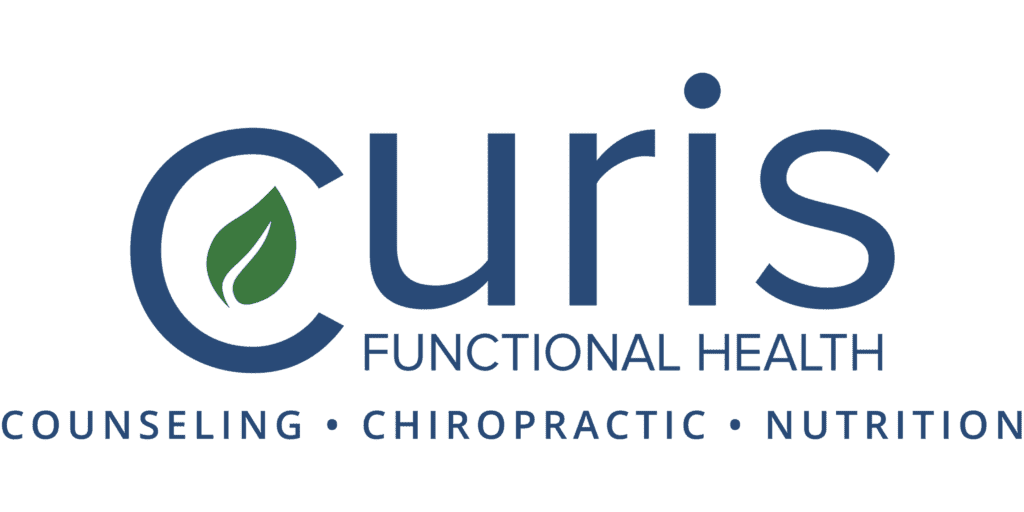Medication Therapy
After prescribing and dispensing the medication to the patient, it is essential to ensure that the prescribed medicine produces its optimal effect.
Medication management therapy makes sure that the patient receives the correct medicine according to his illness. Usually, pharmacists are mainly responsible for the medication management therapy as they must cross-check the prescribed medicine and educate the patient about it.
Some medicines have a narrow therapeutic index, and increasing their dose may result in severe adverse reactions. Such medications need close monitoring. Note that it is the health care provider’s responsibility to educate the patient about the therapeutic index of these medications.
The main aim of medication management therapy is to,
– Assess the patient’s medication and look out for possible interactions.
– Planning the short and long-term medication.
– Ensure patient safety through counseling.
Medication management therapy is for prescription medicines, non-prescription medication, herbal, and other nutritional supplements. Medication therapy management includes the following elements,
Medication Therapy Review
While evaluating medication therapies, pharmacists look for medication-specific problems from patient-specific data to determine how they can be resolved.
Usually, this step involves a verbal or written consultation with the pharmacist to determine whether the medication provided has the most excellent chance of helping the patient recover or manage a particular condition with the slightest risk of adverse side effects. The MTR helps a pharmacist discover a better alternative if one exists.
Personal Medication Record
Personal medication records include all the past and the current medication a patient is taking. In addition, it includes all the non-prescription medicines and supplements that a pharmacist needs to evaluate. It also allows the pharmacist to check for drug interactions.
Medication-related Action Plan
Your health care provider’s action plan allows you to track your medication and lifestyle during the therapy. There are details about your medicine, when and how to take it, and when to visit the hospital for your next check-up.
Intervention And Referral
Intervention is a significant part of medication therapy. Sometimes, the pharmacist feels the need to intervene in particular medicine as it is not producing any meaningful results. In this case, the pharmacist first communicates directly with the physician to modify the therapy and with the patient if necessary.
Documentation And Follow-up
It includes all the patient’s medical records, including his medical history and current and past medications. It is usually done when the patient is discharged from a hospital setting, so the documentation and next follow-up plan are provided.








